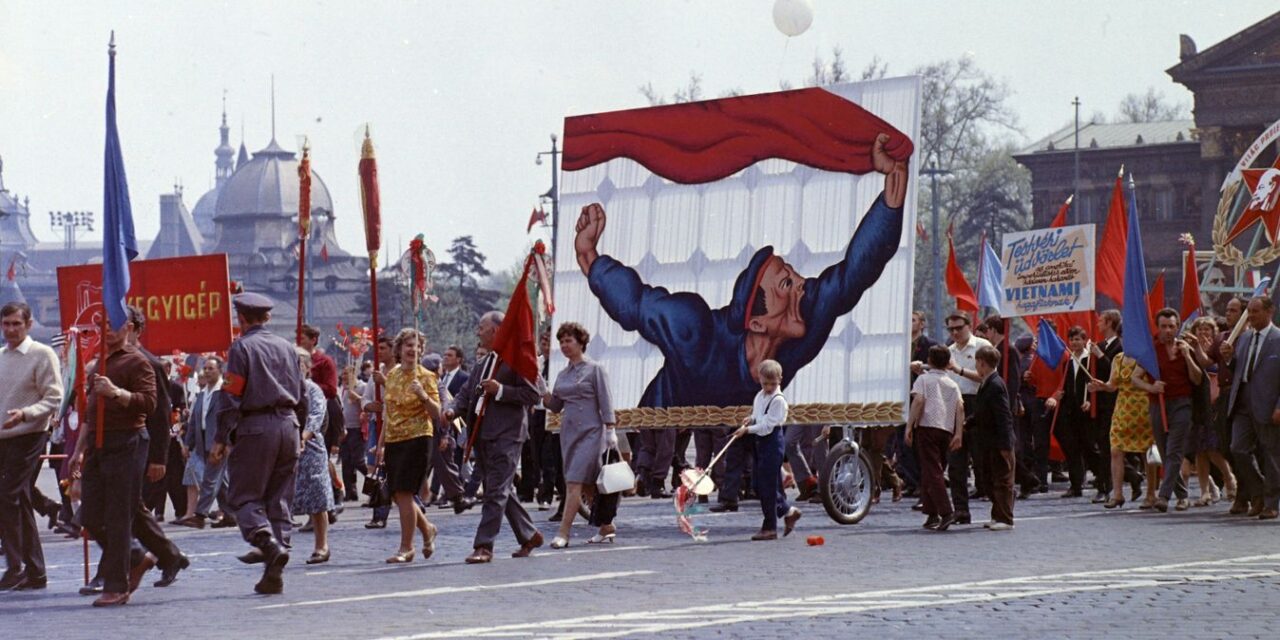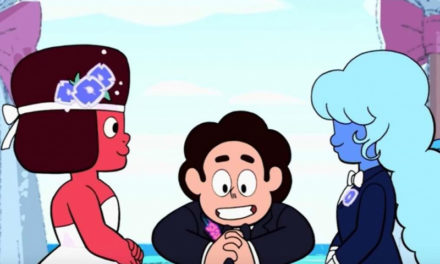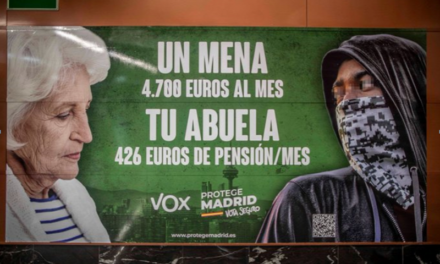Only by processing our own, family and national past can we understand the essence of the Rákosi and Kádár dictatorships, how this system eventually subjugated, turned into collaborators, or destroyed the Hungarian intelligentsia. Written by Gábor Mező.
Let's start with a valve. György Kardos, the powerful writer of Magvető, executed and killed countless people when he and his friend András Berkesi, the later writer and author of lectures, exterminated those who were considered right-wing or even "enemy" as the infamous and feared duo of the Military Political Department. Many, many years later, his son, István Kardos, shot himself in the head with the pistol of his father, the "Colonel". "Colonel", I wrote, because that's what old Kardos had to be called at home. His character is authentically recalled in the emotional, yet objective, authentic book of his former daughter-in-law, Ágnes Botond ("and those who were in his shadow").
The son of Kardos committed suicide in the "Kerledes" apartment. The Occupy of Culture with this scene . It was as if the child had confessed his father's sins - innocently, and of course choosing death out of complex intentions and madness.
Cut: Anna Koós, also from a family of intellectuals and activists, did not watch her mother's suicide when she was young, Vera Sós was found by Koós' younger brother, the later actress "just" wiped up the blood. Their mother, a former employee of ÁVH, killed herself with her husband's gun. At sixty-eight. Béla Koós stayed and made TV viewers happy in the seventies and eighties. As an editor, also as a former ÁVH officer. (See also: Legal cases.) The story of his parents was also written by Anna Koós. I also weaved this into The Invasion of Culture.
Secrets and taboos. A few years ago, from the author's novel, we only learned that Péter Nádas's uncle also had ÁVH, the story of his father - his uncle's brother - is still unclear today, it is certain that he had a service weapon, because he killed himself with it.
The two small children - the older one later became a journalist and writer - had already lost their mother, who, like the whole family, belonged to the communist movement. They were left an orphan there, Nádas was brought up by his infamous aunt, the Bolshevik activist, sorry "journalist", Magda Aranyossi. Something similar happened to someone else: the father of film director Márta Mészáros became a "victim of the Stalinist purges", as it is usually written, and he paid with his life for his communist dreams. His orphaned daughter was fostered by the movement, and a woman named Anna Wagner, a close comrade of the Rákosi's and later a state security officer, became her foster mother. A staunch Stalinist, his figure appears in Mészáros's My Children's Diary . At least Mészáros was able to treat both his father and Imré Nagy as "martyrs". None of them were.
Nádas didn't even have that much left. In fact, they found their father's farewell letter as a small child. Then time could stand still.
He stood over my sleeping brother with his pistol and was unable to shoot. He then wrote this in the clause: If he starts with me, he might succeed
he wrote about it.
How can it feel to grow up like this, to continue life like this, knowing that "my father" in his complete madness might "kill us" if he "starts with me"?
It all came to mind when I was writing my book, The Occupation of the Press, . The story of Mátyás Esterházy, Péter Esterházy's father, plays an important role in the text. The writer wrote about him in the famous and infamous Revised Edition after learning that he was an agent, so he should have reworked the famous family novel that was published at the time.
Why isn't Mészöly or Nádas' father an informer, they could describe the whole thing much more precisely...
- blurted out at one point in the text.
We already know that the role of Nádas' father is much darker - just like that of Miklós Vámos's father, who was one of the secretaries of the dreaded Minister of the Interior, László Rajk - he was not a coercion, but a loyal man of the communist dictatorship, but that was not the real big deal. her sin, but that she left her children alone.
These people - the old Nádas, the old Vámos - didn't have to be recruited, this opportunity went to the István Csurkas, the Sándoros Tar, and the Mátyás Esterházys, who at that time had no one and nothing behind them. They wandered on the edge of the map at the time of their recruitment, just like the heroes of Tar, their defenselessness made them suitable for breaking.
It is important to face our own, family, and national past, without ignoring the sensitive, painful, and taboo details.
Revised edition of Péter Esterházy, accepted by the communist writers and liberal intellectuals (accepted, since he was a "class stranger"), is for this very reason an important, but partly unfair work. He is simply too harsh, too judgmental with the father forced to whisper. Although the latter became a classic companion of the Kádár dictatorship, he could never really rise to the top (his "big job" was being a translator for a German-language newspaper), but he was allowed to live, exist, drink, and report. And his son became a "companion" of the camp protesting with "candles" and marches, fearing and signing signs in the nineties. But it was a political, livelihood decision. The other option was to become an enemy. And there was no mercy for them at that time, they could be happy if they got away with saying: "fascists".
Wasn't that what his father's ruin was all about? He had to prove that he could be with them, with Kádár.
Péter Esterházy's historical work is for the most part an honest, very lasting text, but at the same time, it could have waited a few more years to be written. He is dominated by grief (because he "lost" his father, whom he believed to be immaculate until then), i.e., feelings of pain and anger. However, the writer knows exactly that his father was beaten and blackmailed, and after the deportation he was able to breathe as an informer. For example, Mátyás Esterházy's sister was sent to Kistarcsa, according to the papers, she was also treated as an agent in the internment camp, but in reality she did nothing, the fantastic work entitled Unjudged Why? Maybe because he ran away later.
He went to Vienna, the family was torn apart, Mátyás Esterházy - who had four sons - remained, and this came at a price. He paid for it. But he did not kill himself in that horrible regime, which sought to quickly and then slowly destroy the old elite, and even with that he did the minimum, thanks to which Esterházy could write, create, his other son could run, play football, become a national defender, and then the national team.
Because sooner or later everyone paid the price. What we can do is to write, to tell these stories. This is the only way our parents, grandparents, and ourselves can become free. Only in this way, by processing our own and family and friends' stories, and "adding" them together, can we understand the essence of the Rákosi and Kádár dictatorships.
The way in which this system, which was constantly being ()corrected and shaped, finally subjugated or destroyed, chased away, pushed the Hungarian intelligentsia into the depths or made them collaborators.
The author is a senior researcher at the Századvég Foundation
Featured image: Over many decades, the communists numbed society with various communal practices: no one found it strange that he waves a red flag on May 1, listens to the Soviet anthem at school and at workplace celebrations, takes a name instead of a baptism, and if he wants a rising career, he enters without socks to the MSZMP (Source: Fortepan)













